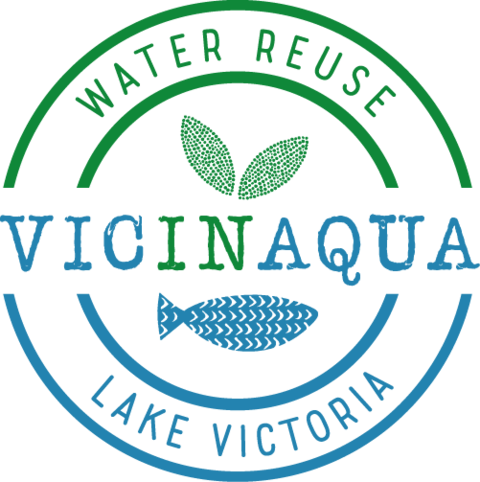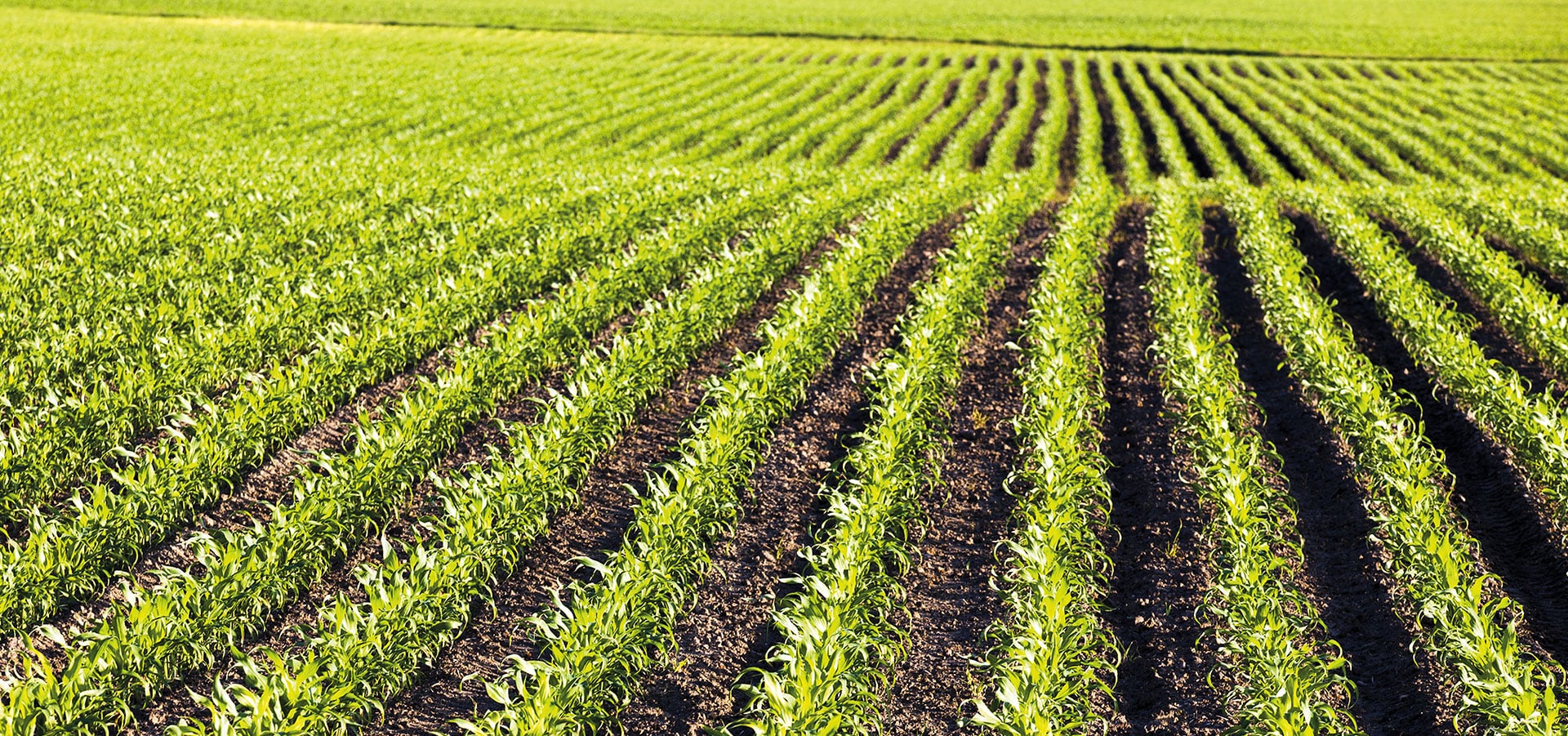The EU H2020 project VicInAqua developed innovative self-cleaning water filtration solutions for the sanitation of different wastewater streams in Lake Victoria Basin, which were reused in Recirculating Aquaculture Systems (RAS) and Agriculture Irrigation. A tailor-made response to local sanitation and water supply needs of inhabitants and industry by the joint forces of 11 East African and European organisations.
The technological development and demonstration at pilot scale were combined with participative measures aimed at capacity building and awareness raising of local stakeholders and populations. The VicInAqua pilot in Kisumu, Kenya, will be kept running by project partner Department of Agriculture, Livestock and Fisheries (DALF) of Kisumu County, Kenya.


The VicInAqua project received funding from the European Union’s Horizon 2020 research and innovation programme under grant agreement No 689427.
As the VicInAqua project is coming to an end, coordinator Prof. Jan Hoinkis of Karlsruhe University of Applied Sciences (HsKA, Germany) takes a look back and into the future:
'I am very happy that we could complete VicInAqua as a very successful research project. In general it was not an easy task to carry out such a challenging project, as it was not just about managing technical issues but also fostering mutual cultural exchange in order to brigde the gap between the European and African societies. However, thanks to the high team spirit of all partners, we enjoyed fruitful project work. We have designed and set up an innovative pilot recirculating aquaculture system (RAS) which now works in full swing and which raised the interest of many stakeholders. Thanks to partner DALF, this plant will continue to serve even after project end. It is also a great example of a full-scale low-cost RAS design, which can be marketed in the Lake Victoria region or elsewhere in East Africa - but also in any other regions in the world facing water and/or food supply challenges. For this purpose, it would be very beneficial to raise follow-up funding to realize this further important step in technology transfer.'
Partner DALF reveals future plans for the VicInAqua pilot:
'DALF will use the pilot as a training and demonstration facility to promote the aquaculture sector and increase awareness, knowledge and skills for fish farmers. If the RAS technology is adopted by fish farms or local authorities around Lake Victoria it would reduce pollution loads from the waters getting into the lake. It would also lead to increased production of fish through aquaculture, contributing to improved food security for the lake’s populations.'


